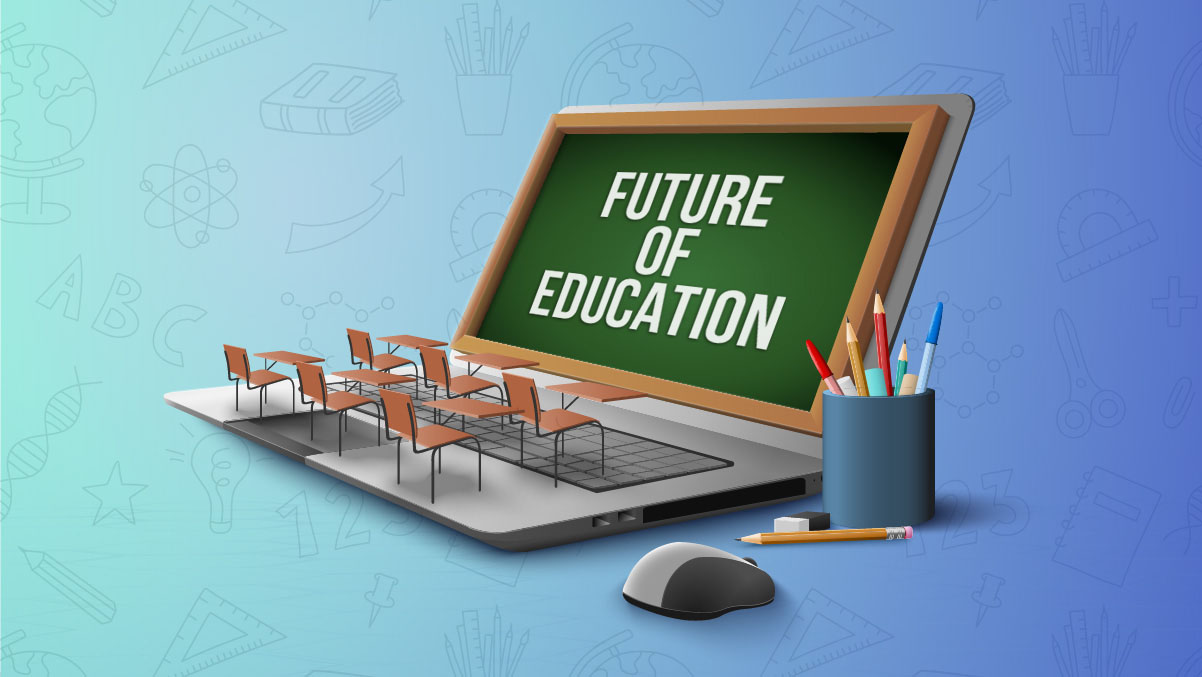Title: Exploring the Promising Future of EdTech: Revolutionizing Education in the Digital Age
Introduction:
Education has undergone a significant transformation in recent years, with technology playing a pivotal role in reshaping the way we learn and teach. Educational technology, or EdTech, has emerged as a powerful catalyst, revolutionizing traditional classrooms and paving the way for a more interactive, accessible, and personalized learning experience. As we step into the future, the potential of EdTech to further enhance education and empower learners is boundless.
1. Personalized Learning:
One of the key aspects of the future of EdTech lies in personalized learning. With the help of artificial intelligence (AI) and machine learning algorithms, educational platforms can analyze individual students’ strengths, weaknesses, and learning styles. By tailoring content and instructional methods to meet the specific needs of each learner, EdTech has the potential to foster more effective and engaging educational experiences.
2. Virtual and Augmented Reality:
Virtual reality (VR) and augmented reality (AR) technologies are rapidly advancing and are set to revolutionize education. These immersive technologies have the capability to transport students to different times, places, and scenarios, allowing for interactive and experiential learning. From virtual science labs to historical reenactments, VR and AR provide unique opportunities for students to explore subjects in a captivating and hands-on manner.
3. Gamification of Learning:
Gamification, the integration of game elements into educational experiences, is gaining traction in the realm of EdTech. By incorporating elements such as rewards, challenges, and leaderboards, gamified learning platforms make education more enjoyable and motivate students to actively participate in their learning journey. Gamification not only enhances student engagement but also nurtures essential skills such as problem-solving, critical thinking, and collaboration.
4. Collaborative Learning:
EdTech facilitates collaborative learning, transcending geographical boundaries and connecting learners from diverse backgrounds. Through online platforms, students can engage in virtual group projects, discussions, and peer-to-peer learning. This collaborative approach encourages the exchange of ideas, fosters global connections, and prepares students for the collaborative work environments they will encounter in the future.
5. Continuous Learning and Upskilling:
The future of work demands continuous learning and upskilling to keep pace with rapidly evolving industries. EdTech platforms provide flexible and accessible opportunities for individuals to acquire new skills, enhance their knowledge, and adapt to changing professional landscapes. Microlearning modules, online courses, and digital credentials empower learners to take charge of their lifelong learning journeys.
6. Data-Driven Education:
With the vast amount of data generated by EdTech platforms, educational institutions and instructors can gain valuable insights into student progress, learning patterns, and areas for improvement. By leveraging data analytics and predictive modeling, educators can identify at-risk students early, personalize interventions, and optimize teaching strategies. Data-driven education promotes evidence-based decision-making and ultimately leads to improved learning outcomes.
Conclusion:
The future of EdTech holds immense promise in shaping the education landscape, making it more inclusive, engaging, and effective. As technology continues to advance, educational institutions, teachers, and learners must embrace the opportunities presented by EdTech to drive innovation and foster a love for lifelong learning. By harnessing the potential of personalized learning, immersive technologies, gamification, collaboration, continuous learning, and data-driven insights, we can pave the way for a brighter and more accessible future of education.
Top ten edtech globally famous:
While the popularity and usage of educational technology platforms can vary depending on different regions and contexts, here are ten globally recognized and widely used EdTech platforms:
1. Coursera: Coursera offers online courses and degrees in partnership with leading universities and institutions, providing learners with access to a wide range of subjects and credentials.
2. Udemy: Udemy is a popular online learning platform that hosts a vast library of courses taught by industry professionals on a wide range of topics.
3. Khan Academy: Khan Academy offers free educational resources and instructional videos covering subjects such as math, science, humanities, and more, making it accessible to learners of all ages.
4. Duolingo: Duolingo is a language-learning platform that offers interactive lessons and gamified exercises to help learners acquire new languages.
5. edX: Founded by Harvard University and MIT, edX is an open-source platform that offers a wide array of online courses from prestigious universities and institutions worldwide.
6. Quizlet: Quizlet is a popular study tool that enables learners to create flashcards, quizzes, and interactive study materials to enhance their understanding of various subjects.
7. Kahoot!: Kahoot! is a game-based learning platform that allows educators to create interactive quizzes and engage students in a fun and competitive learning environment.
8. Google Classroom: Google Classroom is a free web service provided by Google, enabling teachers to create and manage digital classrooms, assign and grade assignments, and facilitate communication with students.
9. Seesaw: Seesaw is a versatile platform designed for elementary and primary school students, allowing them to create, share, and reflect on their work through digital portfolios.
10. ClassDojo: ClassDojo is a communication platform that connects teachers, students, and parents, enabling the sharing of information, updates, and achievements in a classroom setting.
Please note that this list represents some of the well-known EdTech platforms but does not encompass all the innovative solutions available globally. The EdTech landscape is continually evolving, with new platforms and technologies emerging to address different educational needs and preferences.
In short we learn from this the following:
1. Personalized Learning, AI in Education, Adaptive Learning, Customized Education, Individualized Instruction
2. Virtual Reality in Education, Augmented Reality Learning, Immersive Learning, Experiential Education, VR/AR Classroom
3. Gamification in Education, Game-Based Learning, Interactive Learning, Educational Gaming, Engaging Learning Experiences
4. Collaborative Learning, Online Group Projects, Virtual Collaboration, Peer Learning, Global Connections
5. Lifelong Learning, Continuous Education, Upskilling, Professional Development, Online Learning Opportunities
6. Data-Driven Education, Learning Analytics, Student Progress Tracking, Personalized Interventions, Evidence-Based Teaching
7. Online Courses, E-Learning, Digital Education, Online Learning Platforms, Remote Learning
8. Language Learning Apps, Interactive Language Lessons, Language Acquisition, Language Practice Tools, Multilingual Education
9. Online Study Tools, Digital Portfolios, Student Reflection, Interactive Assignments, Digital Learning Management
10. Classroom Communication, Parent-Teacher Communication, Student Updates, Classroom Engagement, Collaborative Learning Environment
Please visit a new edtech having different education from schooling to university here : greenedtech.com
See video:

